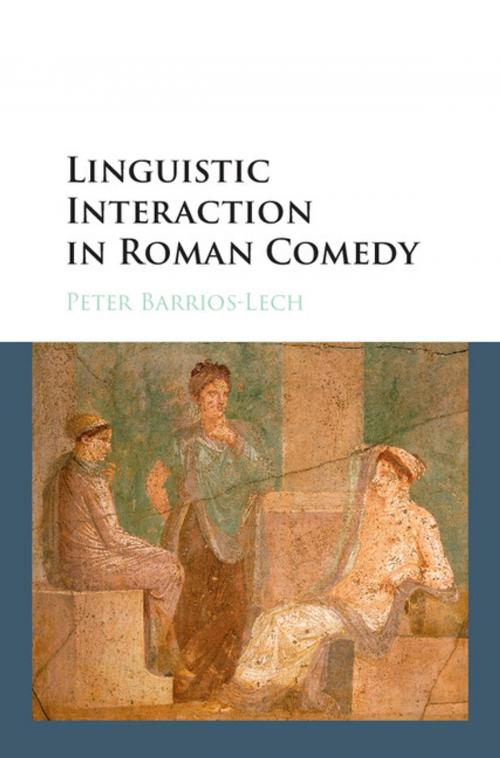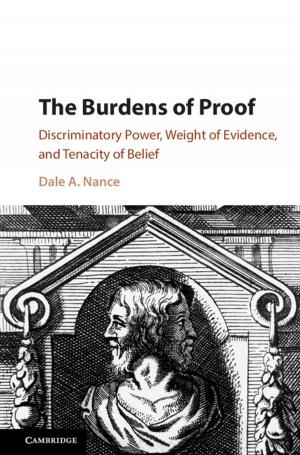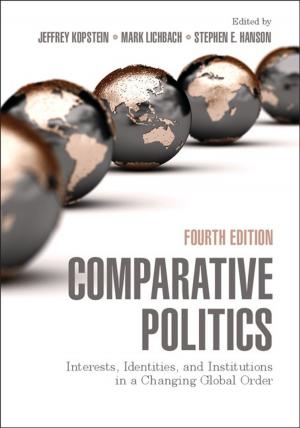Linguistic Interaction in Roman Comedy
Nonfiction, History, Ancient History, Reference & Language, Language Arts, Fiction & Literature, Literary Theory & Criticism| Author: | Peter Barrios-Lech | ISBN: | 9781316591666 |
| Publisher: | Cambridge University Press | Publication: | May 26, 2016 |
| Imprint: | Cambridge University Press | Language: | English |
| Author: | Peter Barrios-Lech |
| ISBN: | 9781316591666 |
| Publisher: | Cambridge University Press |
| Publication: | May 26, 2016 |
| Imprint: | Cambridge University Press |
| Language: | English |
This book presents a comprehensive account of features of Latin that emerge from dialogue: commands and requests, command softeners and strengtheners, statement hedges, interruptions, attention-getters, greetings and closings. In analyzing these features, Peter Barrios-Lech employs a quantitative method and draws on all the data from Roman comedy and the fragments of Latin drama. In the first three parts, on commands and requests, particles, attention-getters and interruptions, the driving questions are firstly - what leads the speaker to choose one form over another? And secondly - how do the playwrights use these features to characterize on the linguistic level? Part IV analyzes dialogues among equals and slave speech, and employs data-driven analyses to show how speakers enact roles and construct relationships with each other through conversation. The book will be important to all scholars of Latin, and especially to scholars of Roman drama.
This book presents a comprehensive account of features of Latin that emerge from dialogue: commands and requests, command softeners and strengtheners, statement hedges, interruptions, attention-getters, greetings and closings. In analyzing these features, Peter Barrios-Lech employs a quantitative method and draws on all the data from Roman comedy and the fragments of Latin drama. In the first three parts, on commands and requests, particles, attention-getters and interruptions, the driving questions are firstly - what leads the speaker to choose one form over another? And secondly - how do the playwrights use these features to characterize on the linguistic level? Part IV analyzes dialogues among equals and slave speech, and employs data-driven analyses to show how speakers enact roles and construct relationships with each other through conversation. The book will be important to all scholars of Latin, and especially to scholars of Roman drama.















